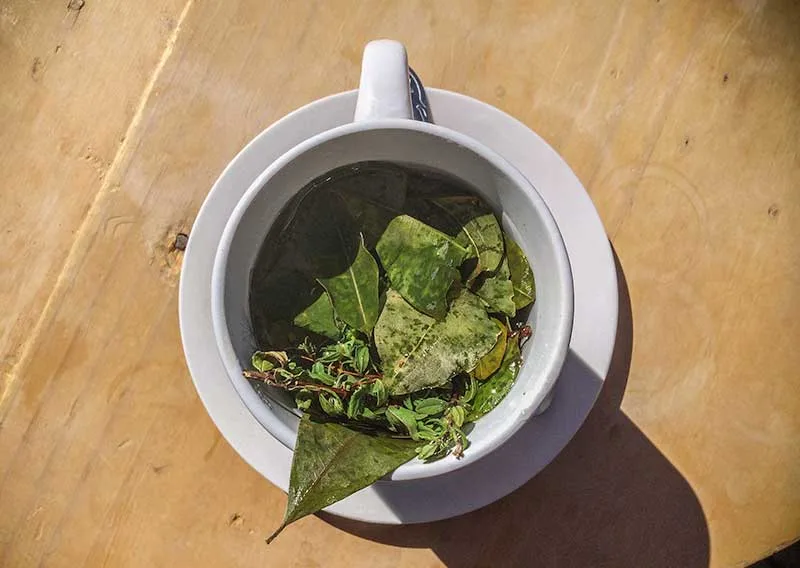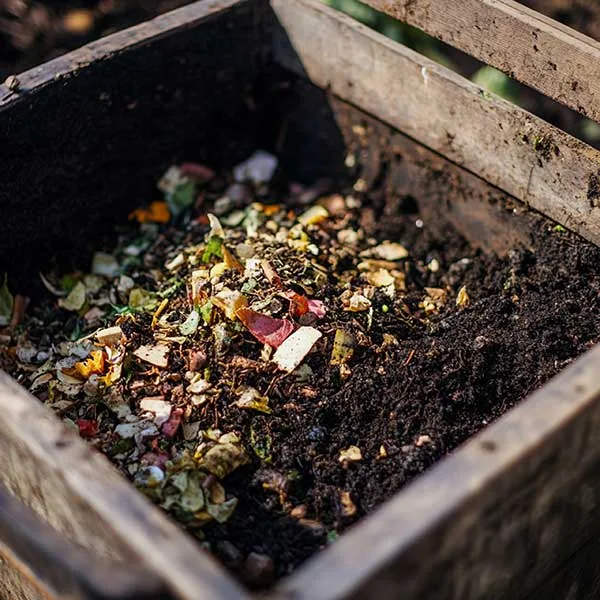The Miracle of Steeped Tea Leaves for Your Backyard Garden
We all usually drink a cup of tea in the morning or evening, and when we brew with a teabag, we throw it straight into the trash. But have you ever thought that the steeped tea leaves can be a miracle for your garden? If you love flowers and plants or even just have a few pots on your balcony, steeped tea leaves a natural and free fertilizer for your garden. The only difference between this and chemical fertilizers is that it does not have a strong and annoying smell, nor is it full of artificial substances that harm the soil and roots. At the same time, you are also doing a great job for the environment and reducing waste, because what you thought was garbage returns to the natural cycle.
In this article, we will explore why using steeped tea leaves as fertilizer is better than chemical alternatives, what the benefits are, and how you can start today.
Why Are Tea Leaves Good For The Soil?
You may not have thought about it until now, but the same tea leaves you brew your cup of breakfast or afternoon tea with and immediately throw away are a wonderful food for the soil in your garden. Tea leaves are full of nitrogen, potassium, and phosphorus, the same substances that plants need for their strong and lush growth.
When these leaves enter the soil, their nutrients are gradually released, which improves the structure of the soil. The remarkable point is that tea leaves not only strengthen the soil but also retain moisture inside the soil, meaning that when you mix tea leaves with the soil, you will be less worried about the soil drying out. This property is especially practical in hot summer days.

Additionally, tea leaves serve as a natural food source for soil organisms, including worms and beneficial bacteria. These organisms keep the soil soft, permeable, and full of nutrients. Therefore, with every cup of tea you drink, you are actually taking a small step towards a healthier garden.
Steeped Tea Leaves vs. Chemical Fertilizers
You might wonder, “Why not use chemical fertilizers?“. The truth is, chemical fertilizers work much faster and the results are immediately visible, but they have a big problem: they weaken the soil over time and may even kill beneficial microorganisms in the soil. In addition, some of these chemicals enter groundwater supplies, which seriously harm the environment.
In contrast, tea leaves are considered organic, safe fertilizers that slowly release nutrients while improving the soil structure. This means that not only do plants grow healthier, but the soil always stays full of life. Therefore, you don’t have to worry about the side effects of chemicals.
How to Use Steeped Tea Leaves in The Garden?
Now, let’s explore how to use steeped and used tea leaves in the garden to benefit from these lesser-known organic fertilizers.
Composting

You can add used tea leaves directly to the compost box you may have in your garden. This will make your compost more nutritious, and the decomposition process will go faster, as the nitrogen in the leaves activates the microorganisms.
Liquid Fertilizer
If you want a quick and easy option, soak the used tea leaves in a container of water. After a few hours, strain the water and use it to water your plants. This organic liquid fertilizer is both simple and will definitely help your plants grow better.
Mulching
You can spread the tea leaves on the surface of the soil. This actually acts as a protective covering, retaining soil moisture and preventing weed growth.
Pest Repellent
Tea leaves are a natural pest repellent. For example, you can scatter the leaves around sensitive plants to keep snails and other pesky insects away.
What Plants Especially Benefit From Tea Leaf Fertilizer?
- Roses: Tea leaves maintain soil acidity, making rose flowers more vibrant and colorful.
- Azaleas and rhododendrons: These plants are acidophilic and appreciate the acidic environment created by tea leaves.
- Tomatoes: During fruiting, tea leaves promote better fruit growth and quality.
A Few Important Tips to Consider
- If you brew tea with teabags, natural, compostable ones made from paper and organic meshes. Avoid plastic bags.
- Do not overuse tea leaves; the right amount is enough for each plant.
- Before using tea leaves, make sure your plant likes an acidic environment. Some plants are acid-loving and some are not, so be sure to choose according to the plant.
Conclusion
Now that we’ve said everything, you can see how something as simple as a used tea bag can play a big role in the garden. In a world where everything is becoming more industrial and chemical, brewed tea leaves are a reminder that nature itself has the answers to many of our needs. By doing this, you will get rid of unnecessary expenses and ensure that your plants will produce a healthier and more natural product. Even if you only have a few small pots on your balcony, give it a try. Every time you put a tea bag in the soil, it is as if you are giving a small but valuable gift back to the earth. This simple act can be a start to gradually move towards a more sustainable and environmentally friendly life. From today, don’t throw away a used tea bag; let the soil and your plants enjoy it too.
